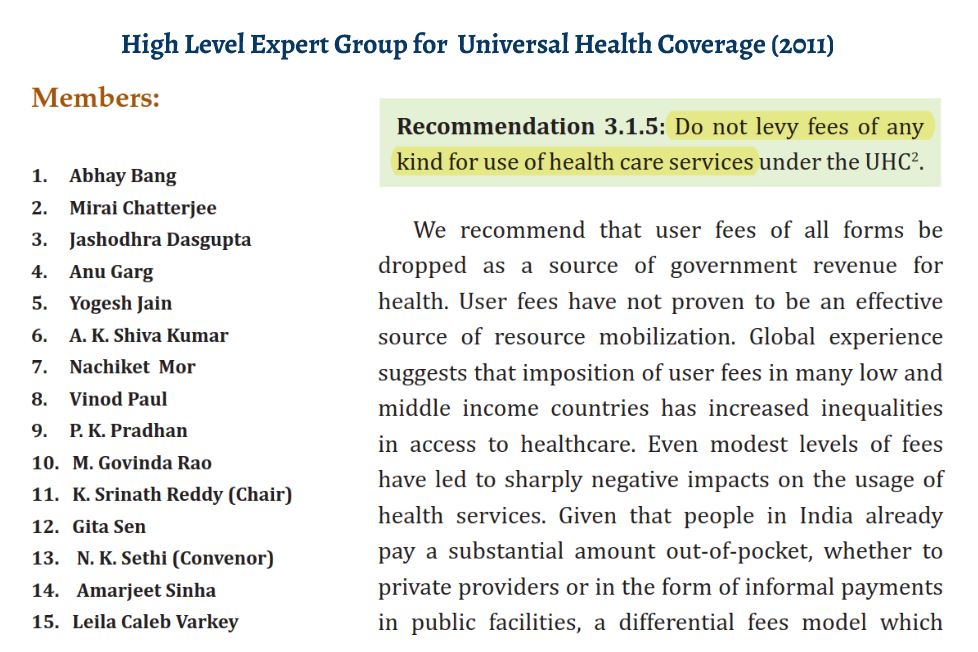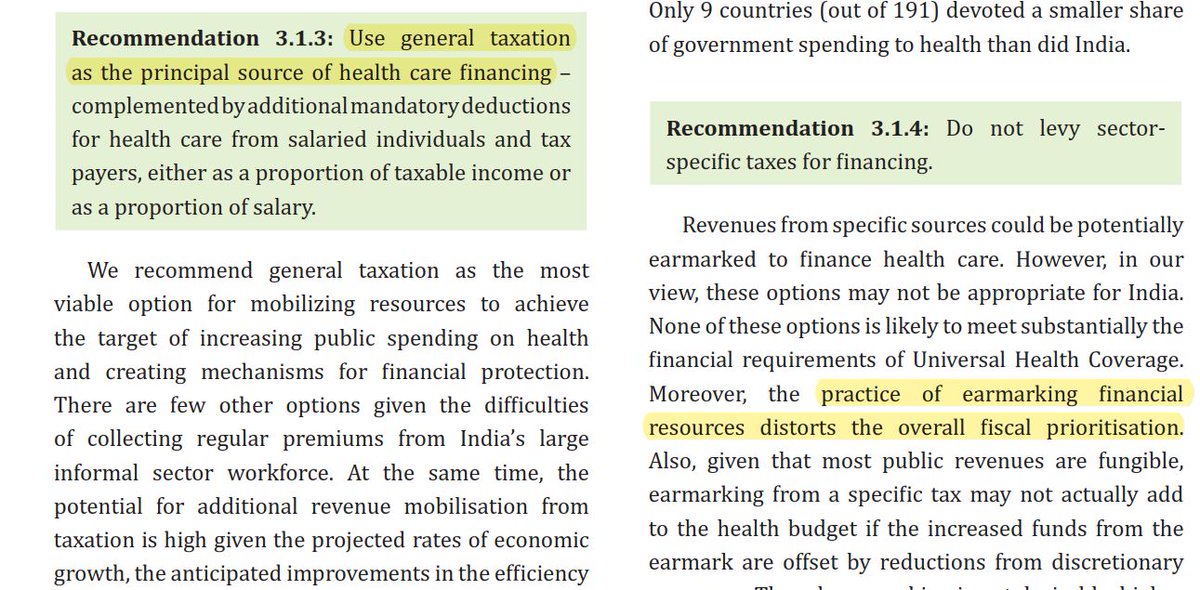The venerable @OmairTAhmad, in a recent thread, perfectly analyzd differential attitudes of privileged Indians to Covid in 2020 & 21
To his point that India mishandled d first, but it was largely d poor who paid d price, "so u didn& #39;t care," here& #39;s some some public health history
To his point that India mishandled d first, but it was largely d poor who paid d price, "so u didn& #39;t care," here& #39;s some some public health history
Ppl seem to think that now that the problematic situation of our healthcare is out ther for every1 to see, the elites & ruling classes will take health reform seriously.
However, there rarely is a “trickle-up” of activist sentiments and intellectual rationale into elite circles.
However, there rarely is a “trickle-up” of activist sentiments and intellectual rationale into elite circles.
Most privileged Indians indeed r furious wit whats happening. But for many, this anger springs from the individually-oriented PEEVE that healthcare is too pricey &/or inaccessible for them, & not the universally oriented PRINCIPLE tht everyone deserves quality and affordable care
In fact, the principle of everyone receiving adequate medical care “irrespective of their ability to pay for it” (as expressed in the 1946 Bhore Committee report) has hardly animated political and élite discourses beyond the first decade or so of independence.
But that doesn’t mean that privileged classes in India did not, as is often lamented, prioritise healthcare. They actually have always lobbied for good, affordable healthcare services – but only for themselves. That is, as a group-based demand and not as a universalist demand.
Consider the Central Government Health Scheme (CGHS). When it was proposed in the early 1950s for central government employees based in Delhi, the goal was gradually to scale it up to other cities and, over subsequent years, to most of the population.
What happened is that the CGHS did expand to other regions – but remained exclusive to government employees. Most of India’s elite officers climbed the ladder of this generous healthcare scheme, but on reaching the top they ‘kick’ it away instead of sharing it with others.
There was other organised lobbying for medical services too: state government employees, ESIC members, railway employees and defence personnel all lobbied for better services for themselves and their families, and got it.
Privileged Indians who did not belong to any of these groups used private nursing homes and hospitals, and private wards of government and charitable hospitals. The super-privileged oftentimes just flew abroad.
Later, gradually, private corporate hospitals and health insurance thru corporate employers entered the scene. In short, over time, all privileged groups in India managed to carve out more-or-less comfortable medical care niches for themselves depending on their paying capacities
But their lobbying never extended to the rest of the Indian populace. They acknowledged that good quality medical care and financial protection from medical expenses were highly imp, but they worked to get it only for their restricted groups.
For decades they have known but quietly ignored the disrespectful, at times abusive, nature of care provided to the underprivileged, as well as the fact that many of them slip into lifelong poverty due to healthcare expenses.
These entrenched attitudes, dictated by class and caste, wont go away easily. And it is attitudes like these that were on display during India& #39;s first brush with Covid last year, which @OmairTAhmad so movingly elaborated in this awesome thread. https://twitter.com/OmairTAhmad/status/1390634791742046219">https://twitter.com/OmairTAhm...
What I wish to convey is that in the post-Covid world, India& #39;s elite are not suddenly going to be convinced of the towering idea that the underprivileged deserve the same kind of quality healthcare services and protection from financial stress as the former have always enjoyed.
Those of us who wish to build such an equitable world, will have to work hard towards it. Medical & PH experts who want genuine universal healthcare, need to collaborate with social scientists, activists, journalists and grassroots advocates working on the ground with communities
Since academicians alone can’t achieve the political translation of their scholarly efforts, they need to reach out to others who can; an excellent example of such multidisciplinary, community-based advocacy in India is the work of the Jan Swasthya Abhiyan @jsa_india
We also need to give up advocating for half-hearted, inequitable efforts sugar-coated as UHC, like the Ayushman Bharat. https://www.downtoearth.org.in/news/health/health-activists-call-for-roll-back-of-flagship-health-insurance-scheme-63362">https://www.downtoearth.org.in/news/heal...
Considering COVID-19 wont b our last pandemic, and that serious climate-change-induced healthcare challenges are already knocking on our doors, the absence of strong govt-provided and financed healthcare in a country of 1.3 billion means we are constantly on the cusp of disaster.
It cannot be emphasized enough that we need to start getting comfortable with radical ideas rather than the status quo.
I had written an oped for @thewire_in last year, putting forward these arguments. Thankful to @1amnerd for publishing it. https://science.thewire.in/health/covid-19-india-universal-health-care-universalism/">https://science.thewire.in/health/co...

 Read on Twitter
Read on Twitter



